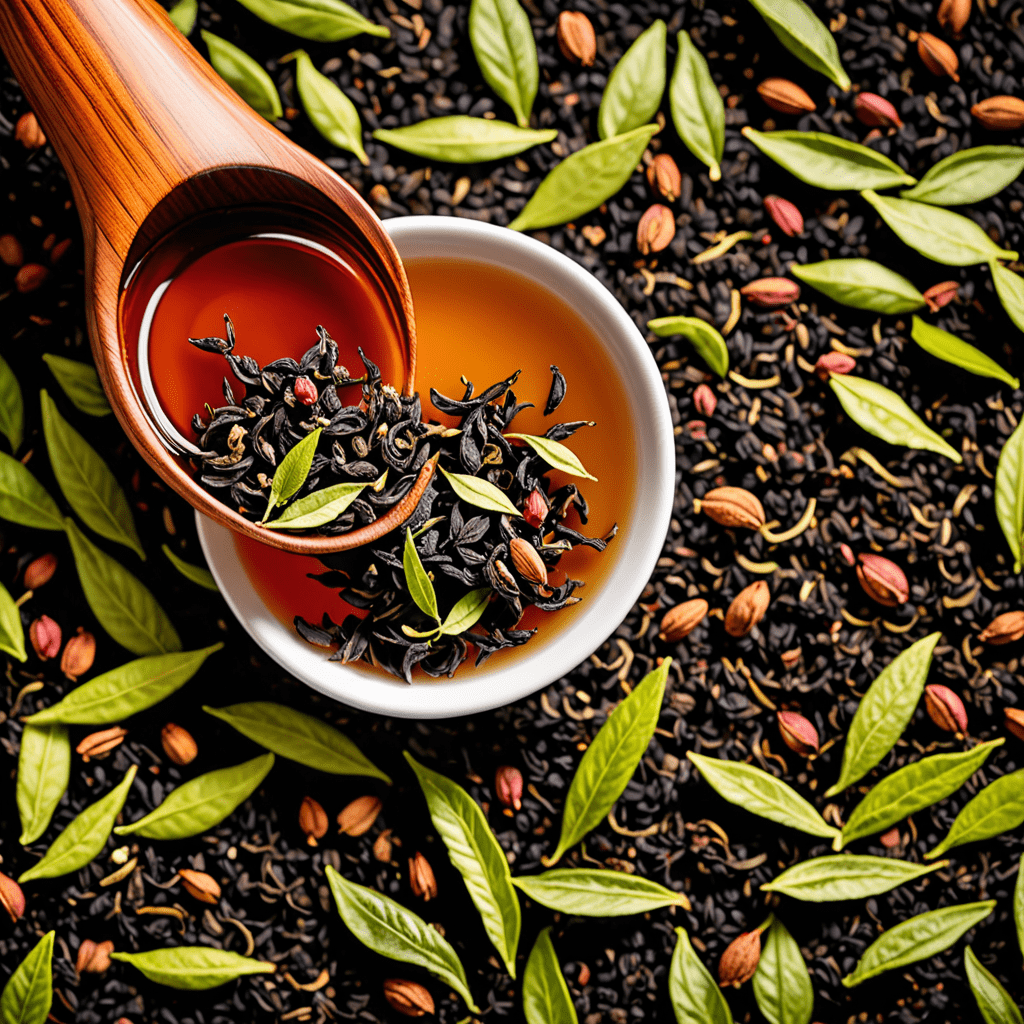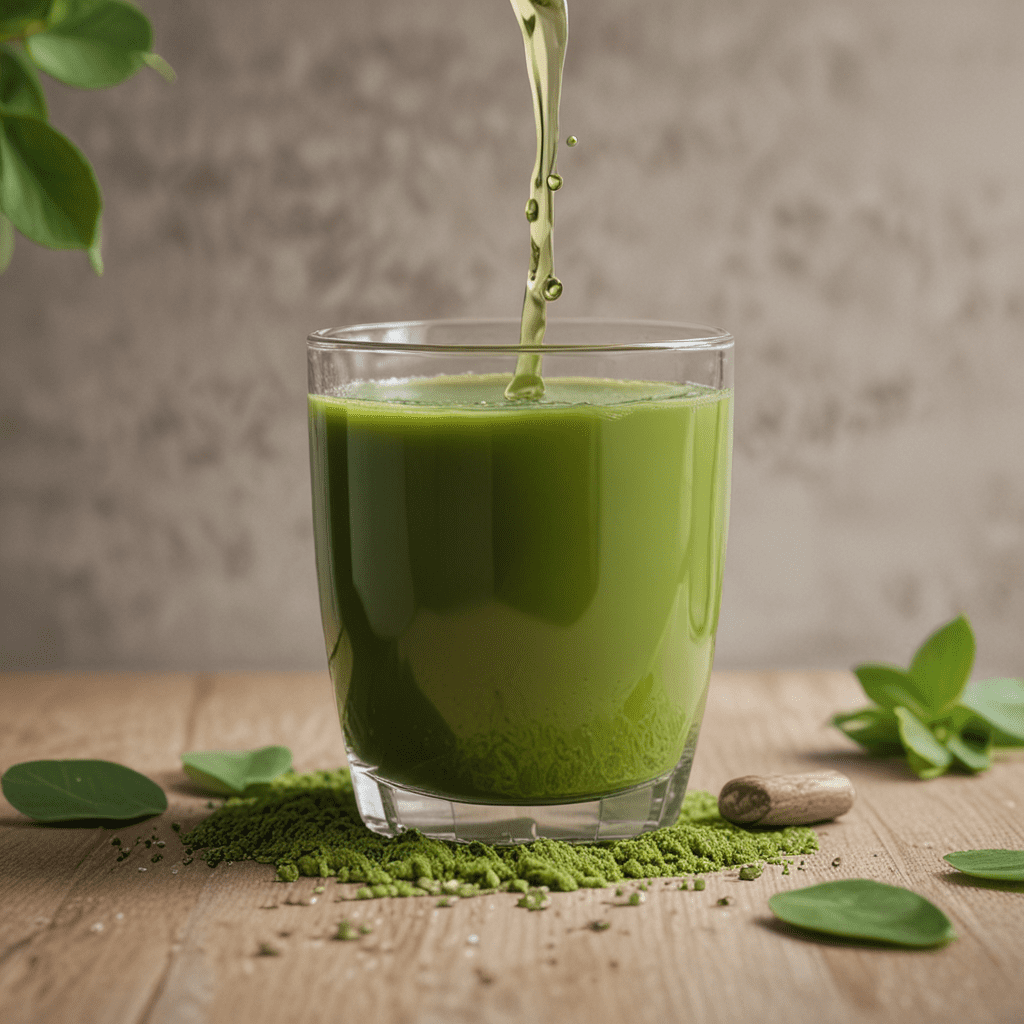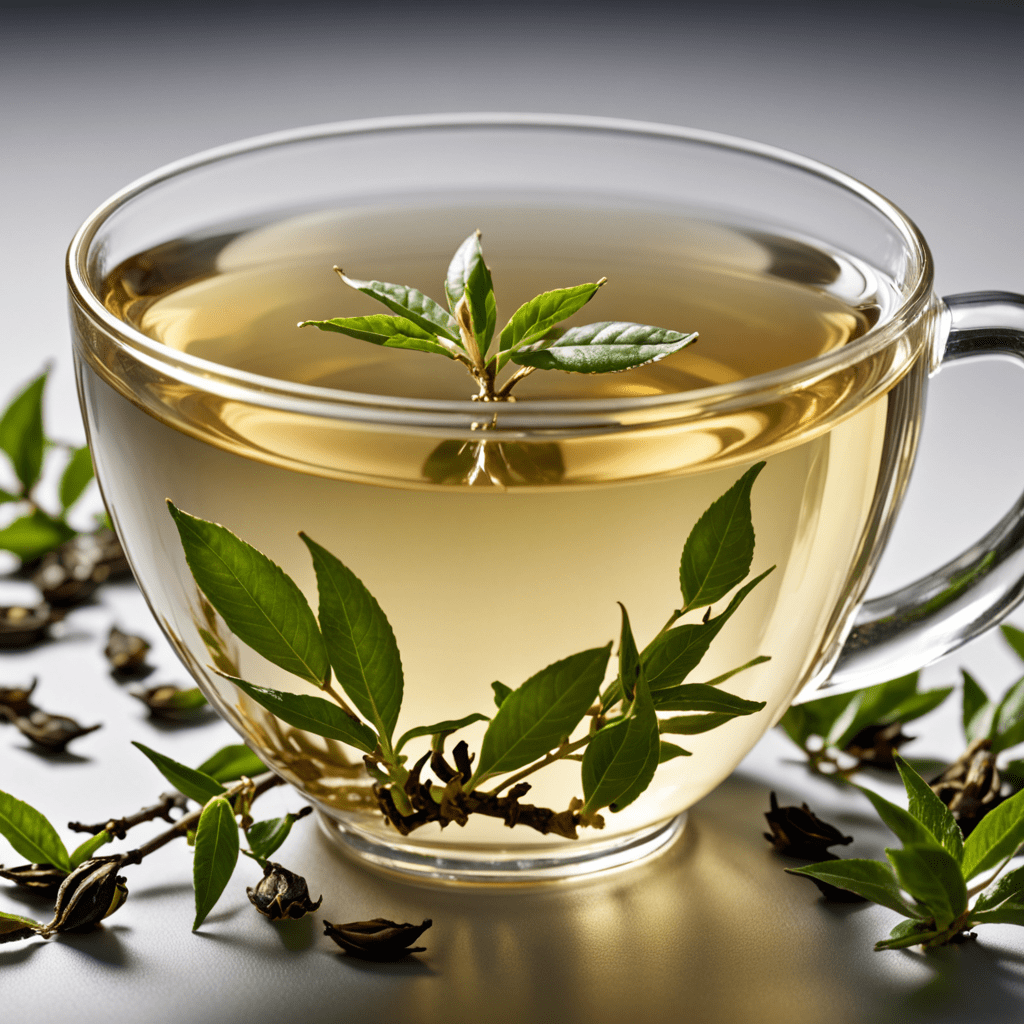Difference Between Black Tea and Green Tea
When it comes to tea, there are numerous varieties, each with its own unique characteristics and flavors. Two popular types, black tea and green tea, have distinct differences that set them apart. Let’s delve into the nuances that separate these two beloved tea types.
Processing Methods
One of the primary distinctions between black tea and green tea lies in their processing methods. Black tea undergoes oxidation, a chemical process where the tea leaves are exposed to oxygen, resulting in a darker color and robust flavor. On the other hand, green tea is not oxidized, preserving its natural green hue and delicate taste.
Flavor Profiles
Black tea is known for its bold, full-bodied flavor, often accompanied by hints of malt or caramel notes. In contrast, green tea offers a more subtle and grassy taste, with a slightly astringent or vegetal undertone. The flavor distinction is a result of the varying levels of oxidation and processing techniques.
Caffeine Content
Both black tea and green tea contain caffeine, yet the quantities differ. Black tea generally has higher caffeine levels due to its prolonged oxidation process. Conversely, green tea undergoes minimal oxidation, resulting in lower caffeine content. This makes green tea a favorable choice for individuals seeking a milder caffeine boost.
Health Benefits
Black tea and green tea offer distinctive health benefits owing to their unique chemical compositions. Black tea is rich in antioxidants and compounds that may promote heart health and aid in lowering cholesterol. On the other hand, green tea is renowned for its high levels of catechins, a type of natural antioxidant that has been linked to various health advantages such as boosting metabolism and reducing the risk of certain diseases.
Brewing Techniques
Due to their differing oxidation levels, black tea and green tea require distinct brewing techniques. Black tea is best brewed with water at higher temperatures for a longer duration to fully extract its robust flavors. Green tea, however, necessitates lower water temperatures and shorter steeping times to avoid a bitter taste caused by over-brewing.
Frequently Asked Questions



